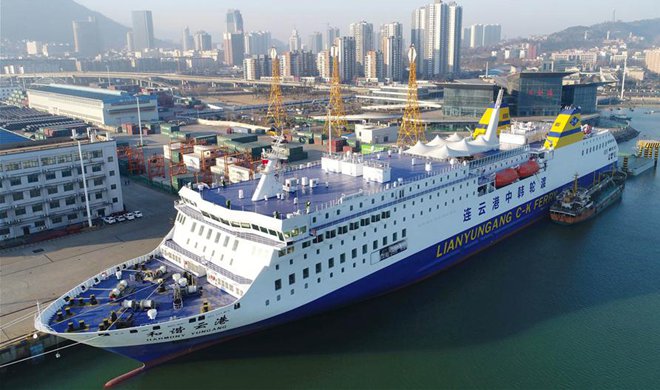MANILA, Dec. 19 (Xinhua) -- Philippine President Rodrigo Duterte signed on Tuesday the tax reform bill into law, calling it the administration's "biggest Christmas gift to the Filipino people."
The Tax Reform for Inclusion and Acceleration (TRAIN) law, which will come into effect by January next year, is expected to lower the personal income taxes of Filipinos while raising duties on certain items like fuel, cars, coal and sugar-sweetened drinks.
TRAIN is the first package of the government's proposed Comprehensive Tax Reform Program (CTRP), which seeks to correct several deficiencies in the tax system and to generate additional revenue to fund the country's investment requirements.
Duterte said during the signing ceremony at the Malacanang presidential palace that the tax reform law is the administration's "biggest Christmas gift to the Filipino people as 99 percent of the tax payers would benefit from the simpler, fairer and more efficient tax system."
Duterte said "one of the TRAIN's most significant breakthroughs" is that it will exempt those earning an annual taxable income of 250, 000 pesos (4,960 U.S. dollars) and below from paying the personal income tax.
To make up for the loss of revenue due to the reduced personal income tax, the law imposes higher taxes on cars, fuel, cosmetic surgery, tobacco, and some sweetened beverages.
"Revenues from the TRAIN will fund our priority projects to ensure a quality education, including free tuition in state universities and colleges, equally, quality health care, social protection and conditional cash transfers, improved infrastructures to the Build, Build, Build program and the reconstruction of Marawi," Duterte said.
Finance Secretary Carlos Dominguez said the TRAIN will provide hefty personal income tax cuts for the average taxpayer.
Presidential spokesperson Harry Roque said the TRAIN, together with the complementary measures to be passed early in 2018, will yield more than 120 billion pesos (2.38 billion U.S. dollars) in revenue.
Philippine government projection shows that, with the tax reform, real gross domestic product level will be higher by 0.5 to 1.1 percent by the year 2022.















